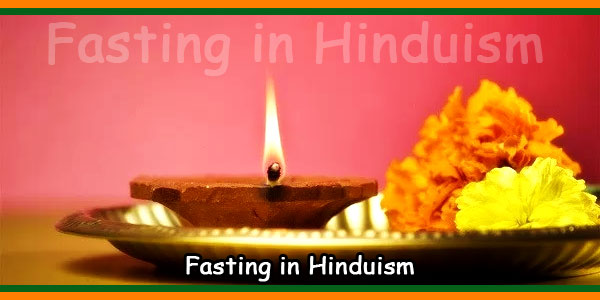Most loyal Indians fast regularly or on special occasions such as festivals. In these days they do not eat at all, they eat once or they eat with fruit or a special diet of simple foods.
Fasting in Sanskrit is called upavaasa or upavasam. Upa means “near” + vaasa means “to stay”. Upavaasa, therefore, means staying close (the Lord), which means reaching close mental closeness to the Lord. So, what does upavaasa have to do with food?

We spend a lot of our time and energy getting food, preparing, cooking, eating and digesting it. Some types of food make our minds boring and boring. Therefore, on certain days, the man decides to save time and conserve energy by eating light and simple foods or by refraining completely from eating so that his mind becomes alert and pure. The mind, which is otherwise occupied by the thought of food, now maintains noble thoughts and remains with the Lord. Since it is a form of self-imposed discipline, it is usually performed with joy.
In addition, each system requires a pause and a revision to work at maximum. Rest and a change of diet during fasting are very good for the digestive system and the whole body.
The more the senses are happy, the more they make their demands. Fasting helps us cultivate control of our senses, sublimate our desires and guide our minds to be balanced and at peace.
Fasting should not make us weak, irritable or create the need to enjoy later. It happens when there is no noble purpose behind fasting.
The Bhagavad-Gita exhorts us to eat properly, not too much, much less, yukta-aahaara, and to eat simple, pure and healthy foods (a saatvik diet) even when we are not fasting.
